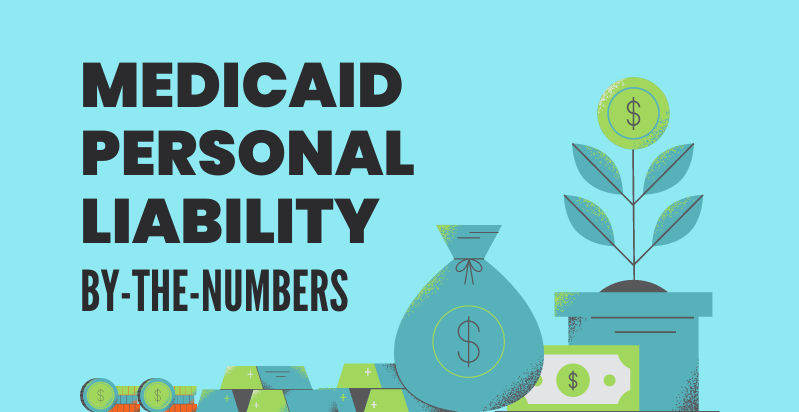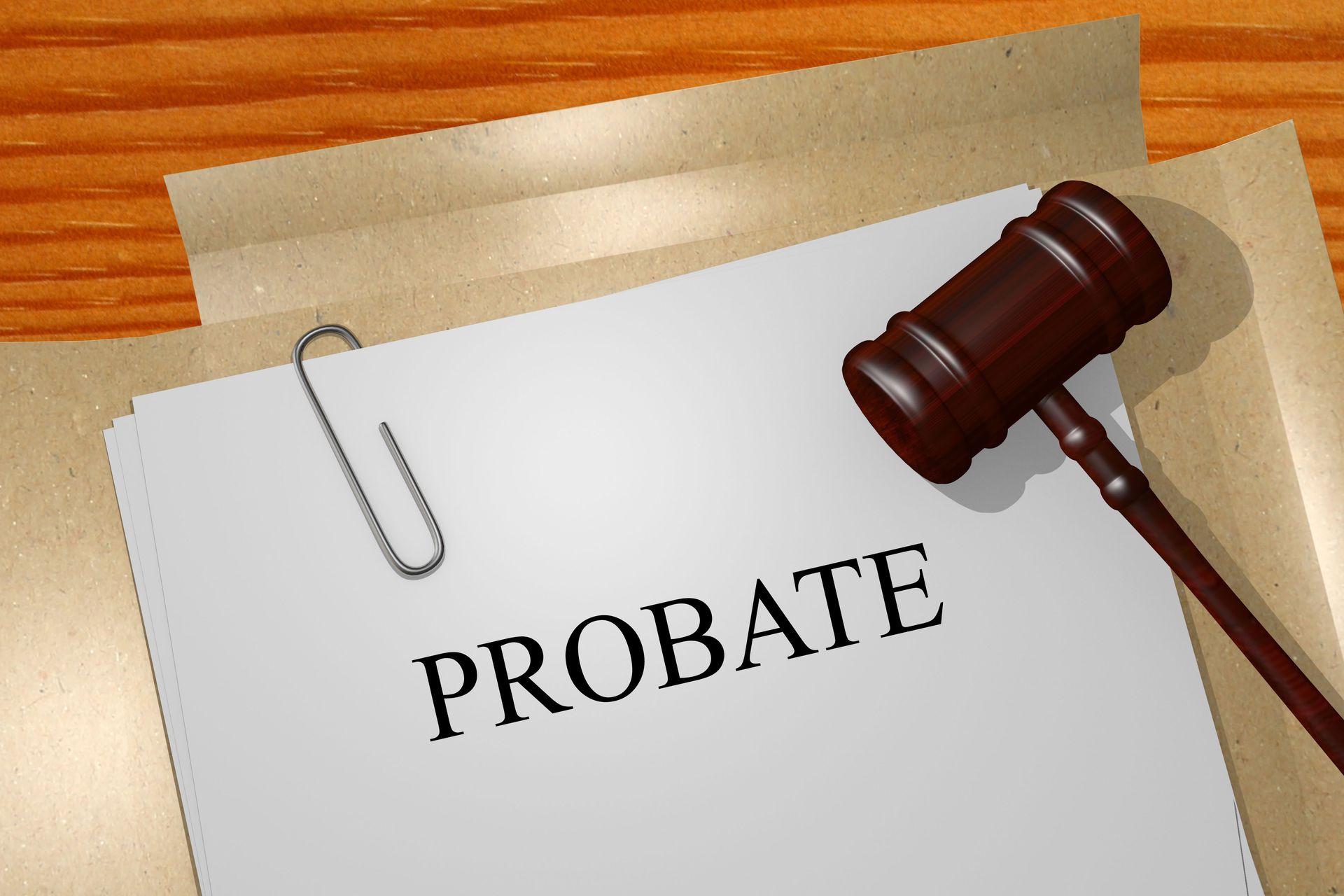Digital Assets: The Missing Link in Some Estate Plans
Even the most carefully constructed estate plan often overlooks a client’s digital assets. A plan is essential, as both state and federal laws can create roadblocks to accessing digital assets.
The value of a thoughtfully designed estate plan that provides for the eventual distribution of a person’s assets is generally understood by most people, even those who put off putting one into place. However, according to this important article from Think Advisor , titled “The Big Hole in Estate Plans: Digital Assets,” many plans overlook digital assets.
The person who now does not have an active online life is the exception. Many people don’t realize that they have substantial digital assets with both sentimental and financial value. Without a clear plan that specifies what someone wants to be done with these digital assets, there are both federal and state laws that can block loved ones—even those named executor or power of attorney—from accessing those assets.
Digital asset planning must now be part of every comprehensive estate plan to ensure that any disposition of a person’s wishes for these assets takes place.
The concept of estate planning for digital assets actually covers a broad range of assets from email to social media to PayPal, domain names, intellectual property and cryptocurrency. Some assets may only have sentimental value but others such as domain names or business contact lists in email accounts may also have significant monetary value.
Without a clearly documented plan, data privacy laws can prevent the online service provider from allowing an executor or family member access to these accounts. The Uniform Fiduciary Access to Digital Assets Act, which has been passed in most states, provides that an owner of digital assets can specify who can access and dispose of any digital assets after death.
If there has not been any planning, the online provider’s terms of service agreement, or TOSA, will control what happens to accounts after death. In some cases, TOSA will even override directions in a will or other document, especially when the service provider has provided specifications for how account holders are expected to make their post-mortem wishes known.
Note that instructions by a person using their online provider’s tools, will supersede any instructions in the will, so include these documents in the estate plan. They should be updated regularly.
People need to create comprehensive lists of all their digital assets, including instructions on how they want these assets to be handled after they die. They should list user names, passwords and security questions. Do not include this information in the will, because it can be accessed publicly during probate. They then need to review the TOSA and follow each platform’s rules for providing post-mortem access.
Talk with your estate planning attorney about your digital assets and plan to make them part of your overall estate plan.
Reference: Think Advisor (Oct. 4, 2018) “The Big Hole in Estate Plans: Digital Assets”


Marietta, GA
Woodstock, GA
2230 Towne Lake Pkwy
Building 1200, Suite 120
Woodstock, GA 30189
BUSINESS HOURS
Monday to Friday
8:30am - 12:00pm
Closed for lunch
1:00pm - 4:30pm
Closed Saturday, Sunday
GET OUR NEWSLETTER
We believe that smart decisions begin with accurate information. Sign up for our monthly newsletter and get advice on how to secure your financial legacy.
Elder Care and Estate Planning Tips, Advice & Resources. Sign up now.
Get Our Newsletter Form
We will get back to you as soon as possible.
Please try again later.













